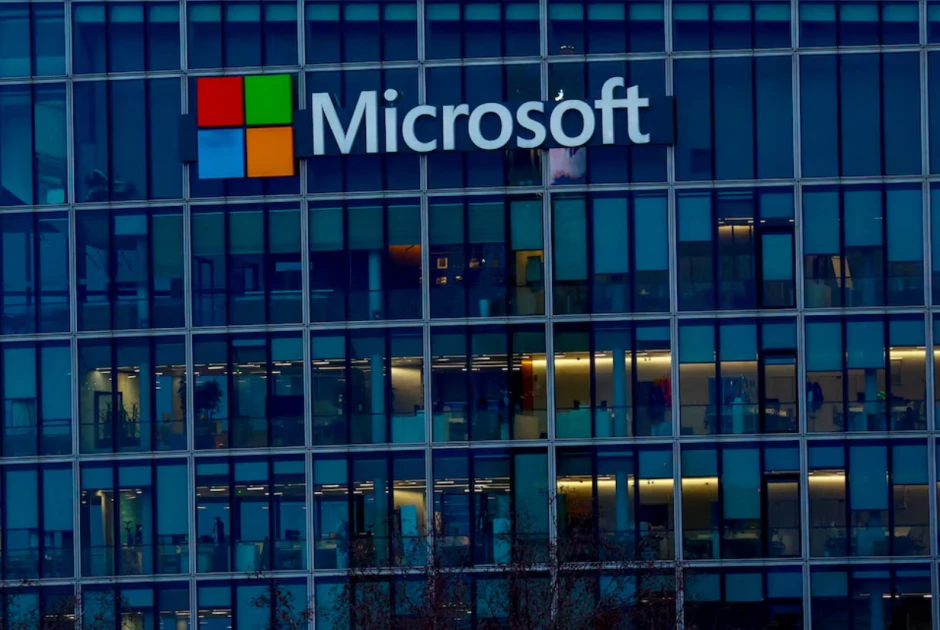Microsoft has unveiled a landmark AI investment deal in the UK that the company’s leadership says could accelerate economic growth, strengthen infrastructure, and help the nation become a global leader in artificial intelligence.
Microsoft President, Brad Smith, says, "the company plans to invest Sh 3.885 trillion (roughly Sh 4.01–4.36 trillion depending on exchange rates) in its UK operations and AI infrastructure by 2028."
The investment includes capital expenditure, cloud infrastructure, deployment of thousands of advanced AI chips, and expansion of data centers.
The deal intends to spend about Sh 2.01 trillion on capital expansion in the UK, building new infrastructure and enhancing its cloud and AI compute capacity. It also includes the deployment of 23,000 next-generation AI chips in the UK.
It is part of a broader “Tech Prosperity Deal” between the UK and the U.S., signed during President Trump’s state visit, aiming to deepen cooperation in AI, quantum computing, and related technologies.
Brad Smith says that the improved regulatory and business climate in the UK tipped the scales in favor of making the investment. The deal is seen as both a vote of confidence in UK policy and a sign that international tech firms believe the UK can be a hub for AI development.
Microsoft has previously estimated that AI could contribute Sh 95.975 trillion to UK GDP by 2035, assuming wide adoption across public and private sectors, strengthening infrastructure, and developing skills in the workforce.
Moreover, smaller businesses stand to benefit too: research from Microsoft shows that UK SMEs could generate about Sh 13.611 trillion in additional economic value over the next decade through AI adoption.
Despite this investment, Microsoft and other stakeholders warn that the UK will need to train many more people in AI, data science, cloud computing, and related fields to support this infrastructure build-out.
They also highlighted that data center capacity, supply of advanced chips (GPUs), reliable power and cooling, planning permissions, and regulatory clarity shall be key components that could either speed up or delay progress.
This deal arrives at a moment when the UK government has committed to making AI an economic priority, including launching national strategies, supporting AI learning and regulation, and encouraging foreign investment in tech infrastructure.
The investment from Microsoft is among the largest ever by a single company in the UK’s tech infrastructure space.
Politically, it also strengthens UK-US ties in technology and trade. As many tech deals accompany the diplomatic engagements tied to state visits, this deal is symbolic as well as material.
It signals a momentum shift, moving from talk about potential to committing capital and building systems that can deliver real productivity gains.
If Microsoft’s investments are delivered on schedule and if regulatory and infrastructural hurdles are managed well, the UK could begin to see significant economic benefits within a few years in terms of job creation, higher productivity, stronger technology exports, and reinforcing the UK as a destination for cutting-edge research and development.

